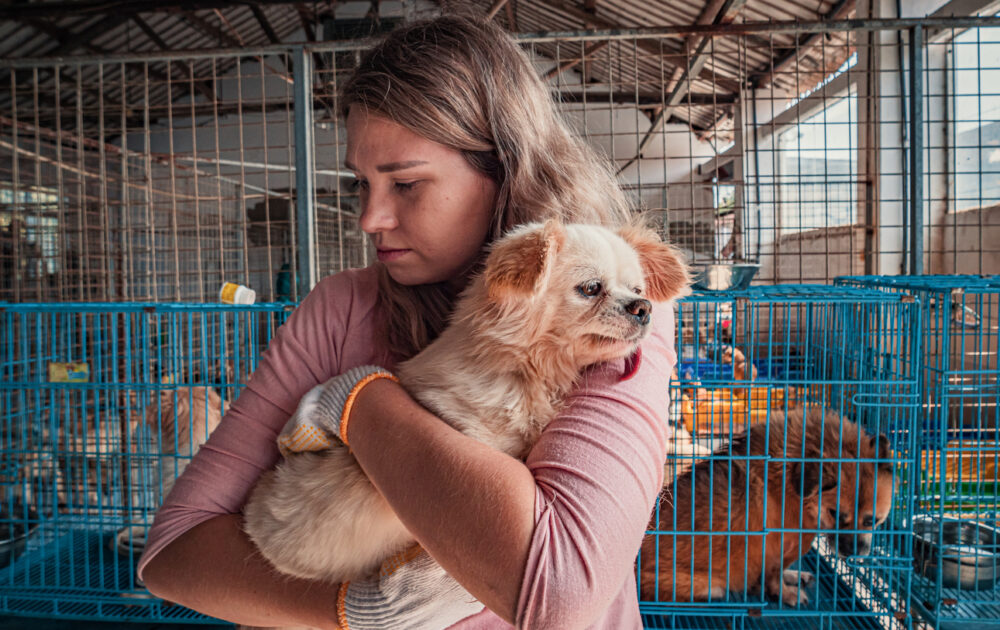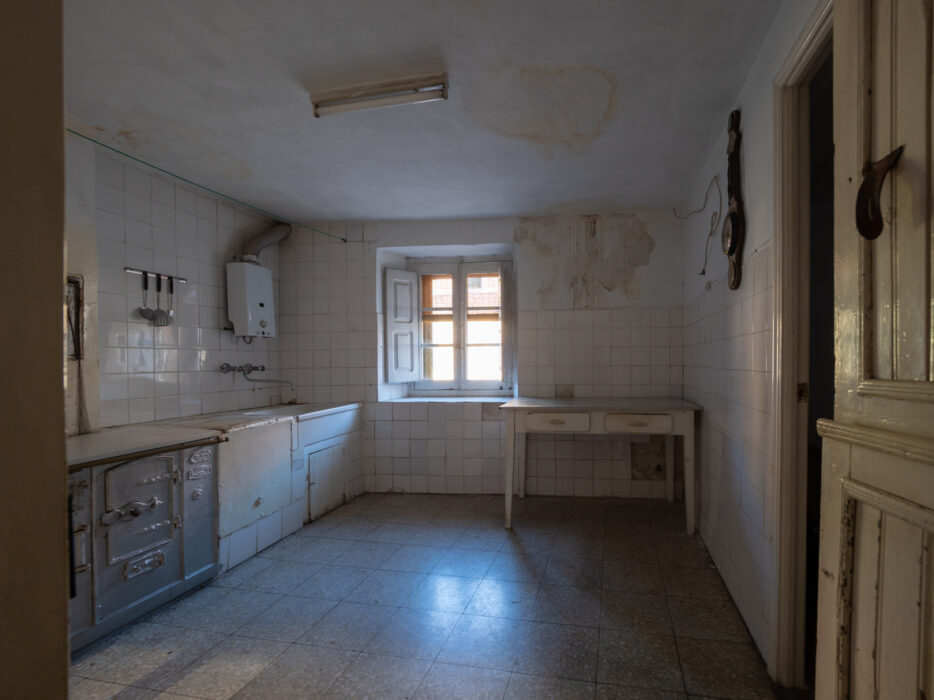Landlords say it’s just business, but tenants are feeling the pressure in ways numbers don’t show.

The rent hike conversation is usually reduced to dollars and percentages, but what’s missing are the messy human consequences behind the stats. While headlines highlight rising averages, very few people talk about what those increases actually do to the people living through them. It’s not just about scraping together extra money—it’s about the silent costs to mental health, community, and basic stability that rarely get factored into the debate.
This isn’t just an issue for low-income tenants or big coastal cities anymore. Middle-class renters across the country are being priced out of their homes, forced to make impossible trade-offs, or uprooted completely. It’s become a quiet crisis, disguised as “market adjustments” and written off as the new normal. But there’s more to the story—and these 12 truths pull back the curtain on what rent hikes really mean for everyday people trying to keep a roof over their heads.
1. Rent hikes quietly destroy multi-generational support systems.

When rent spikes, families often have to move—not just across town, but to entirely different cities or states, according to the authors at the Urban Institute. That might not sound like a big deal to landlords or economists, but it rips apart the everyday fabric of life. Grandparents who helped with school pickups, siblings who co-parented, and cousins who shared groceries suddenly live hours apart.
These are the invisible losses behind the lease agreement. It’s not just about space or square footage—it’s about losing the unpaid labor, emotional safety net, and community ties that people spent years building. Rent hikes don’t just displace individuals—they fracture entire family ecosystems in the process.
2. Rent increases force people to accept dangerous or unhealthy living conditions.

When your rent jumps and your income doesn’t, your choices narrow fast. People stop looking for places they want to live and start accepting places they hope won’t make them sick. Mold, broken locks, rodents, or unsafe neighborhoods become part of the trade-off just to stay housed.
Landlords rarely feel that squeeze. But tenants live it every day—making peace with things they would’ve never accepted before, just to avoid moving again or ending up homeless. The higher the rent, the lower the standard people are forced to accept, and that’s a quiet public health crisis no one wants to address, as reported by Gleb Sych at Yahoo! News.
3. “Moving out” costs way more than people think.

Raising rent often pushes people to relocate—but moving isn’t cheap. You’ve got security deposits, first and last month’s rent, truck rentals, and utility deposits, as stated by Jacqueline DeMarco at SoFi. Then there’s time off work, school disruptions, and all the unexpected costs that show up mid-move.
For many tenants, the hike itself is one blow, but the cost of escaping it adds another layer of financial stress. Even when they find a cheaper place, the upfront costs of moving can be just as brutal. And for those living paycheck to paycheck, that makes staying in an unaffordable place feel like the least risky option.
4. Rent hikes hit single people and single parents the hardest.

When rent goes up, people with one income shoulder the whole increase alone. Couples or roommates can divide the blow. Single folks? Not so much. It’s especially rough for single parents, who already juggle more bills, less flexibility, and limited housing options that accommodate kids.
Rising rent means something has to give—childcare, savings, groceries, or even safety. It’s a quiet form of economic punishment that disproportionately impacts people who are already doing the most with the least. And yet, single-income households rarely show up in rent policy conversations.
5. Rent hikes turn stable neighborhoods into ghost towns.

When rent keeps rising, long-time tenants leave. Those who stay are often new, temporary, or unsure how long they’ll last. Neighborhoods that once had strong identities and tight-knit communities get hollowed out by high turnover.
It’s not just sad—it’s destabilizing. Local shops close, schools lose students, and social trust erodes. When people feel like they’re just passing through, they stop investing in their surroundings. Rent hikes don’t just change who lives somewhere—they change how everyone lives there.
6. Pets are often the first sacrifice when rent increases.

Plenty of renters with pets find themselves in a heartbreaking bind during a rent hike. Pet-friendly units are already hard to find and often cost more. When rent jumps, people are forced to give up their animals just to afford housing.
It’s a devastating decision that doesn’t show up in lease agreements or census data, but it’s happening constantly. Pets are family to many people, especially those living alone or dealing with mental health issues. Losing them to a price increase adds emotional trauma to financial stress.
7. Rent hikes deepen the racial wealth and housing gap.

Communities of color are disproportionately renters—and when rents rise, they’re often hit first and hardest. These increases compound the effects of redlining, wage gaps, and generational housing discrimination.
Rent hikes aren’t race-neutral. They amplify existing inequality and make it even harder for families to build financial security or stay in historically rooted neighborhoods. This isn’t just about money—it’s about access, dignity, and survival.
8. People stop reporting maintenance issues just to avoid being noticed.

Once rent increases start happening, tenants get nervous. They start avoiding maintenance requests, afraid that any attention might lead to inspection—and eventually, eviction or another increase. So the leaks get ignored. The heater stays broken. The mold spreads.
This quiet fear leads to deteriorating conditions that landlords often don’t see, but tenants live with every day. It’s a survival tactic that keeps people housed while slowly eroding their quality of life—and health.
9. Mental health takes a nosedive when housing is unstable.

The psychological toll of rising rent can’t be overstated. Constant worry, unpredictable leases, and the threat of displacement turn everyday living into survival mode. It becomes impossible to relax, plan, or even sleep well when your housing feels uncertain.
This chronic stress bleeds into everything—work, relationships, and physical health. And because it’s not “urgent” like homelessness, it gets ignored. But that creeping anxiety can be just as destructive in the long run.
10. Rent hikes trap people in jobs they hate.

When rent eats up most of your paycheck, quitting or switching jobs feels too risky. People stay in toxic work environments, tolerate poor treatment, or put their dreams on hold just to keep their housing stable.
It’s a quiet way rent controls your life beyond your lease. Suddenly, your apartment is the reason you stay small—not the place that supports your growth. And that’s a bigger cost than most landlords ever realize.
11. “Market rate” is often inflated and totally disconnected from local reality.

Landlords love to say they’re just charging “market rate,” but that rate often includes inflated comps set by luxury buildings, short-term rentals, or investor-owned units. It has nothing to do with what actual long-time residents can afford.
The market becomes a feedback loop—one that benefits profit-hungry landlords but leaves tenants struggling to justify why their rent jumped by hundreds of dollars in a building that hasn’t improved in decades. The disconnect is real, and it’s driving people out of homes they’ve lived in for years.
12. Rent hikes are rarely about necessity—they’re about leverage.

In many cases, the increase isn’t about covering new costs—it’s about testing what tenants will tolerate. When housing is scarce, landlords hold all the power. They raise rent because they can, not because they have to.
It’s a cold business model dressed up in economic language. But behind every “market-adjusted” rent is a tenant wondering how much longer they can stay before the next jump pushes them out for good.
